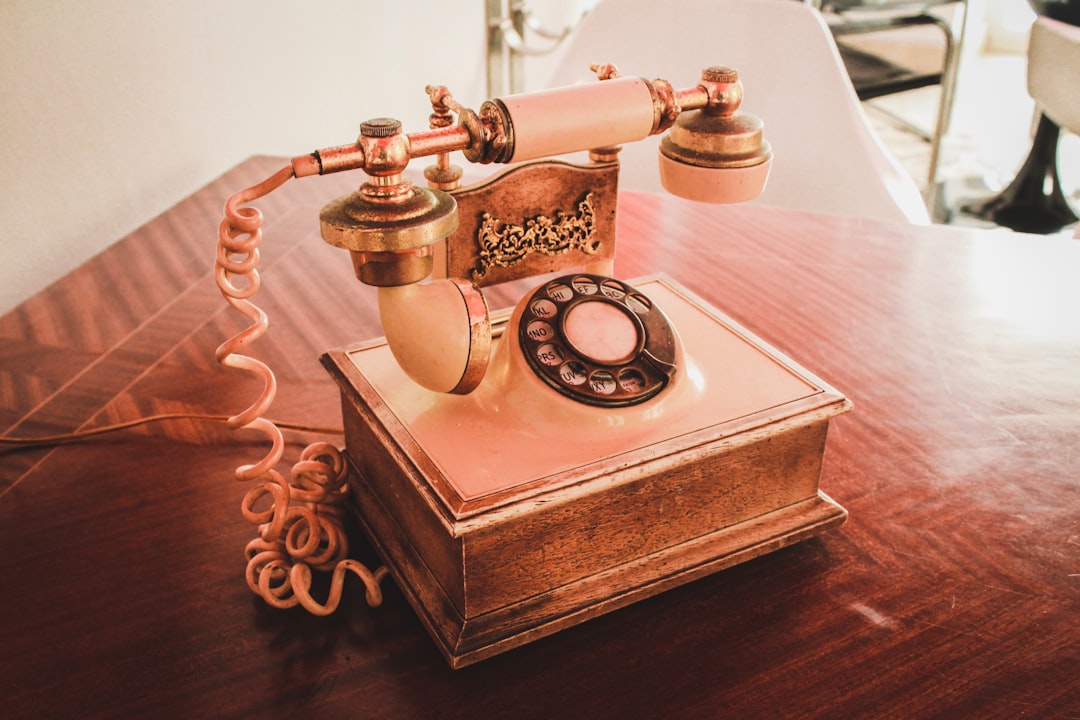Ohio's Do Not Call Laws protect residents from unwanted telemarketing, but certain entities like political campaigns, charities, and businesses with prior consent or personalized offers are exempt. Exempt categories include specific communication types and scenarios, such as fundraising, surveys, and urgent matters, balancing privacy protection with vital service delivery. Nonprofits and personal callers must respect preferences and follow guidelines to maintain compliance while fostering open communication and trust.
In Ohio, Do Not Call laws protect residents from unwanted telemarketing calls. However, not all callers are restricted by these regulations. This article explores exemptions to Ohio’s Do Not Call Laws, shedding light on who can still reach out to you. From businesses with specific exclusions to special cases and nonprofits, we delve into the nuances of these rules, empowering Ohioans to understand their rights and make informed decisions regarding inbound calls.
Understanding Ohio's Do Not Call Laws

In Ohio, “Do Not Call” laws are designed to protect residents from unwanted telemarketing calls and sales pitches. These laws give consumers the right to opt-out of receiving such calls by registering their phone numbers with the state’s Do Not Call list. However, it’s important to note that not all callers are restricted by these regulations. Exemptions exist for certain types of organizations and calls, allowing them to reach registered numbers. For instance, charitable organizations, political campaigns, and businesses with which consumers have an existing relationship can still contact you. Moreover, if you’ve given explicit consent or requested information from a company, they may call you regardless of your registration status. Understanding these exemptions is crucial when navigating Ohio’s Do Not Call Laws to ensure you’re aware of who can potentially reach out to you.
Who is Exempt from These Regulations?

In Ohio, certain individuals and organizations are exempt from strict Do Not Call laws, allowing them to reach residents over the phone despite registered preferences. These exemptions are designed to accommodate essential services and important communications that require direct contact. Exemption categories include political candidates and their campaigns, non-profit organizations soliciting donations, businesses conducting surveys or market research, and companies offering financial products or services tailored to individual needs based on prior interactions.
The specific rules vary for each type of exempt entity, ensuring transparency and respect for consumer choices. For instance, political callers must provide identification and a clear explanation of their purpose while fundraising organizations must adhere to strict donation-related conversations. Businesses engaged in surveys or personalized financial offers are also bound by guidelines to maintain a level of privacy and consent when contacting registered Do Not Call participants in Ohio.
Business Exclusions and Special Cases

In many jurisdictions, including Ohio’s Do Not Call Laws, certain businesses and organizations are exempt from adhering to the strict rules regarding telemarketing calls. These exemptions are put in place to ensure that vital services and information can still reach the public. For instance, charities, political campaigns, and companies offering financial or insurance services often have specific provisions allowing them to contact individuals on their lists.
Special cases may include situations where prior consent has been given, such as when a customer has signed up for marketing materials or agreed to receive calls from a particular company. Additionally, businesses dealing with urgent matters or those providing essential services, like healthcare providers offering reminders or updates about appointments, are typically exempt from these restrictions. This ensures that important communications don’t get lost in the noise of general do-not-call regulations.
Nonprofit Organizations and Charitable Calls

Nonprofit organizations and charitable calls are often exempt from strict Do Not Call laws, including those in Ohio. This exemption allows these entities to reach out to potential donors and volunteers without obtaining prior consent. However, they must adhere to certain guidelines to maintain compliance. For instance, they should only call during reasonable hours, respect individuals’ preferences if they opt out, and provide a clear way to unsubscribe from future calls.
Charitable organizations play a vital role in raising funds for various causes and recruiting volunteers, making their ability to make calls crucial. In Ohio, with its specific Do Not Call Laws, nonprofits must balance their needs with consumer rights, ensuring that their communication practices are ethical and transparent. This approach fosters trust between the organizations and the public they serve.
Personal Relationships and Consent

In many jurisdictions, including Ohio’s Do Not Call Laws, certain types of calls are exempt from the restrictions. One significant exemption is for personal relationships and when consent has been given. This means that if you have a close personal connection with a caller, such as family members, friends, or former colleagues, they may still reach out to you without fear of violating any laws. Moreover, if you’ve explicitly given permission to be contacted, these calls are also permitted. It’s about maintaining open communication channels while respecting individual privacy preferences.
This exemption is designed to allow for continued social and familial connections, ensuring that important conversations and relationships can thrive despite privacy regulations. So, even within the confines of Do Not Call Laws Ohio, certain relationships and consensual interactions remain untouched, fostering a balance between consumer protection and personal freedom.






